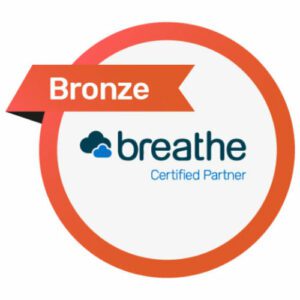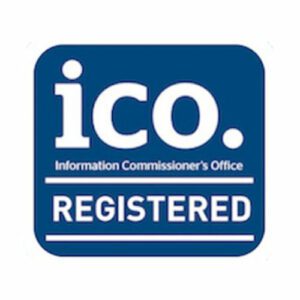Strategic HR – this article explains what it is and how can it benefit organisations and employees alike.
Most people know what they think the Human Resources team is all about. But it will depend on their point of view. An employee (especially one who has had a difficult time with an employer) might say that HR is the place to go to complain when something goes wrong. They might think HR is there to look after their welfare, or to pay them. They probably think that HR recruited them in the first place.
On the other hand, an employer might think that HR is there to protect them. They use HR to write their policies and processes so that they are legally compliant. They rely on HR to deal with difficult people problems and enforce the rules.
Of course, HR professionals can do any or all of those things – and much more as well. But what about strategic HR – how is that different?
Your strategic HR partner
An HR strategist should be a true partner to your business. We should be engaged at Board level, working with the Managing Director and leaders. Our role is partnering with the business in decision making, business planning, marketing, financial planning. This will ensure that the people elements of every decision are considered.
For a business to be successful, the people who work there are key to that success. Every employer says “our employees are our best asset”. This is true – good, happy, engaged people are the very best tool you can have in your business.
A good HR strategist will help you to ensure that your people really are your best asset.
How strategic HR can help you
An HR strategist looks at your business challenges from the perspective of the impact on employees and workers – current and future. So when you are doing your business planning, an HR strategist can inform your thinking about training and development needs; recruitment needs; potential restructure or even what to do with the people who have skills which are now obsolete. We advise on legalities and best practice to help you decide on your priorities.
Of course, this can then all feed into the formulating of policies and procedures, but they will be aligned to your business objectives and needs, rather than “off the shelf” standard processes.
A quick internet search for the current most common business challenges reveals: energy prices and the supply chain; recruiting and retention; inflation and the fear of recession; sustainability and reaching net zero; technological changes; financial management and the cost of living crisis. All of these challenges can and should be planned and prepared for with input from an experienced HR strategist. We should be advising on the people aspects of your marketing planning, your financial objectives, and your growth plans. All of these things have an impact on your employees, or are affected by your people, their skills and behaviours.
Benefits to you if you get the people strategy right
Employee (and customer) loyalty, business growth and improved profits are three of the benefits of a good HR strategy.
If you get the people element right, your employees will look after your customers. They will be your best advocates. Additionally, you will gain their loyalty, so they want to continue working for you and they will be unlikely to go off sick so often. People will enjoy being at work and so will put in effort. They will go the extra mile for you when you need to meet a deadline or deal with a particularly tricky client. Your staff will speak highly of you and you will build a reputation as a good employer. That will make recruitment easier.
In terms of growth, engaged employees will look after your customers. They will look after your suppliers. As a result, they will look after your business and prevent stagnation. You will have employees with better skills and a better attitude. Your improved reputation will grow your customer base. Your suppliers will be keen to do business with you.
These things naturally lead to increased profit and profitability. Additionally, engaged and productive employees will help you to streamline your processes. They will lead to better ways of doing things. You will find it easier to attract good candidates for your roles.
Is it time for a business overhaul?
If you get a reminder that your car is due a service, then you would not ignore the warnings. You may not want to spend the money, but you know that the cost could potentially be far higher if things start to go wrong with the engine. Even if you did manage to overlook the service, you would certainly take action if the orange warning light came on to show that your engine oil was low. The consequence for ignoring that one would be too great to contemplate. The engine could seize up while you or someone else was driving. Even if you managed to avoid injuring someone, the cost would be huge and there is a danger of losing all your confidence and pleasure in driving.
The moral of this story, of course, is that you should be prepared to spend a little time and money for regular servicing of your car – and your business – by a professional.
Don’t ignore the warning signs
Then there were the ignored warnings. In business terms, these warnings may be high staff turnover, or maybe a large amount of sickness absence. Or maybe some of your employees do not get on with each other, or some employees are not performing very well. How many businesses ignore those warnings and end up with an expensive crisis – maybe even defending legal action. Or it might be the loss of a key employee and a difficult and costly recruitment exercise.
That is what strategic HR is all about – it is the planning and servicing which an employer needs to get professional help with. If you have those warning signs in your business, or you just feel that your company culture is not quite what you intended it to be, then you need to speak to an HR professional. Or you may be planning a restructure, a product change, or a new direction for the business – again you need to think about the implications for your people and I would advise you to seek some HR input.








